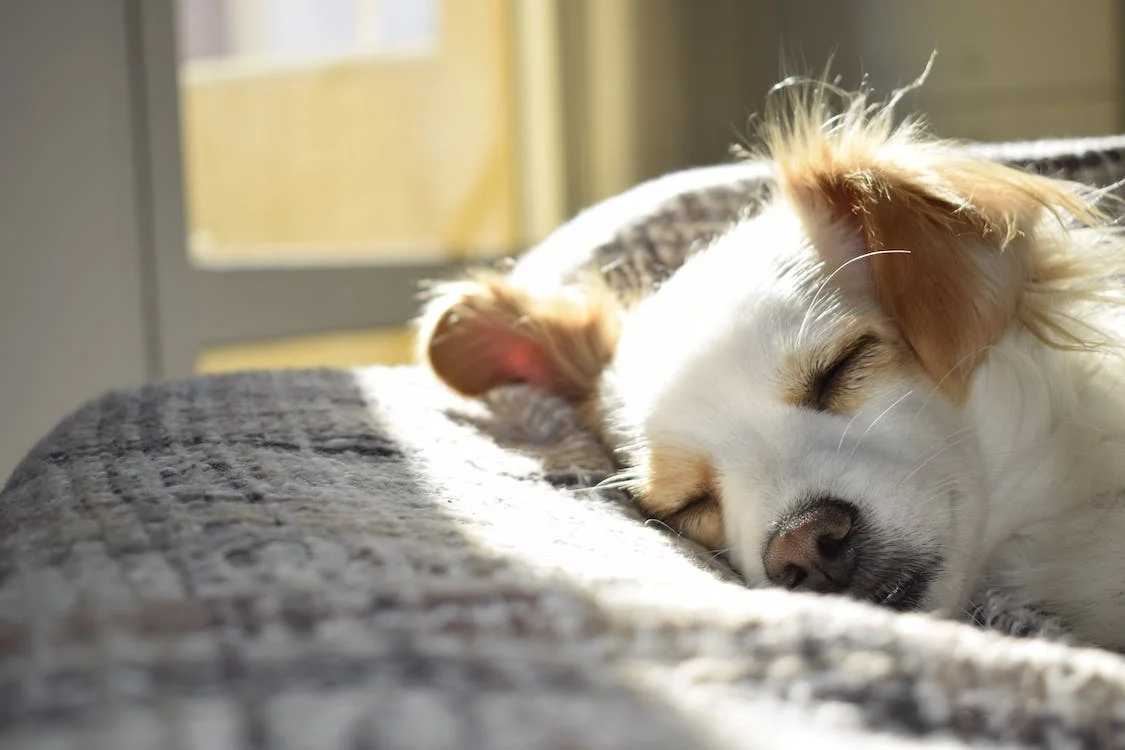It’s a common cartoon caricature – a dog enthusiastically digging holes to bury and hide their bones or treats. This instinctual behavior stems from ancient evolutionary roots. There are several theories as to why dogs feel compelled to bury their coveted bones.
Understanding this quirky canine habit can help owners accommodate it appropriately.
Ancestral Instincts
The main reason dogs bury bones is because it’s an inborn survival instinct passed down from their wolf ancestors. Wild wolves would hide excess food to save for later. Burying meat kept it safe from scavengers and preserved it longer by insulating it underground.
Domestic dogs retain this innate tendency, though their buried treasures are now more likely to be dog biscuits than fresh prey. Even well-fed pet dogs can feel driven to bury bones due to generations of selective breeding perpetuating this ancestral wolf-like behavior.
Preventing Resource Guarding
Another key reason dogs bury bones is to safely keep them away from other animals who might steal their precious resource. Your pet wants to prevent their bone from being taken by competitors.
By burying bones around your home, your dog believes they’re secretively stashing away these treats for later. Out of sight, buried bones are also out of mind for other household pets. This helps prevent resource guarding aggression.
Allowing supervised solo time for burying teaches dogs that good things come to those who wait. Later unearthing their “hidden” bone satisfies their foraging fulfillment.
Canine Security
For anxious or stressed dogs, burying objects can also provide a sense of safety and security. Just as some people compulsively hoard belongings, dogs who bury bones may feel like they’re gaining some control over their environment.
Dogs with separation anxiety or changes in routine may start obsessively burying toys or bones as a self-soothing coping mechanism. If your dog is digging indoors or hiding too excessively, it may warrant consulting a trainer or veterinary behaviorist.
Mental Stimulation
The act of seeking out burial spots, digging, and hiding their bones provides dogs with much needed mental enrichment. Working through this hunting ritual satisfies their foraging instincts and prevents boredom.
Supervised time to dig outdoors helps dogs engage their minds through novelty and discovery. You can provide “appropriate digging spots” to allow this outlet while protecting your flower beds!
Doggy Detectives
A dog’s excellent sense of smell allows them to relocate buried objects quite easily. So don’t worry about Fido forgetting where their bones are hidden in your yard. Their seeking skills are far superior to ours.
In fact, letting your dog observe as you bury treats in a “find it” game can provide great mental stimulation. Just be prepared for some excavating afterwards!
Problems With Excessive Burying
While normal bone burying is harmless, excessive digging or hoarding indoors can become problematic. Here’s how to curb obsessive burying:
- Provide plenty of physical and mental exercise daily.
- Supervise your dog when giving high-value treats.
- Train a solid “leave it” command for unwanted digging.
- Set up a designated outdoor digging pit.
- Rotate toys to refresh your dog’s interest in them.
- Consider anxiety relieving supplements if your dog seems stressed.
Talk to your vet if burying disrupts your home despite efforts to redirect the behavior. Medication may help in extreme cases.
Keeping Buried Bones Safe
Since dogs evolved as scavengers, they aren’t picky about what objects they’ll bury. Make sure hazardous items are always kept out of reach. There are also some safety precautions for supervision during bone burial:
- Avoid giving rawhide, which can pose choking risks if hastily swallowed.
- Don’t leave dogs alone with fully buried bones to prevent obsessive digging.
- Carefully monitor dogs who are prone to gulping food.
- Check that buried items don’t harbor bacteria or attract vermin.
- Make sure your dog isn’t burying in contaminated soil.
Your oversight helps keep your dog’s buried treasures from becoming health hazards down the line. With some boundaries, bone burying can be safely accommodated as a natural dog behavior.
Watching your happy pup eagerly bury and unearth their favorite bones lets you glimpse into their wild, ancestral past. With some supervision and training, you can allow this instinct in a pet-safe way.
Frequently Asked Questions
How long can a buried bone stay underground safely?
Bones can start growing bacteria after just a few days in warm earth. Digging up and reburying bones frequently is ideal for safety. Discard after a week at most.
What smells attract dogs to dig?
Dogs are drawn to smelly treats like bully sticks or stinky cheese buried underground. Avoid using strong-smelling food they may attempt to uncover later.
Can I teach my dog to only dig in certain areas?
Yes! Set up a designated digging pit in the yard to redirect their energy. Reward them and train an “off limits” command for other areas. Be patient and consistent.
Why does my dog hide or bury his food?
Stashing food is an instinctual behavior for uncertain times. Make sure your pet isn’t feeling anxious about resources. Feed them separately from other pets.
Why does my dog dig and nest on his bed?
Digging and circling before lying down is a natural instinct to trample down grass or leaves into a comfy nest. Provide a dig-friendly bed for this instinct.


